Letting your dogs eat raw meaty bones is one of the best ways you analyze whether their teeth are in good condition. Experts believe raw foods contain natural enzymes that help your dog’s system repel bacterial plaque.
Pet owners and veterinary doctors swear by this particular method because of the simple fact that dogs who eat such bones along with raw foods have healthier gums and teeth.
When your furry friend chews on these bones, they chew actively. In addition, it keeps their gums clean. So, as you can see for yourself, this is a significant advantage for sure.
In contrast to them, the cooked bones are more brittle. Hence, there is a chance that when your dog is biting the bones, they may splinter. It is why cooked bones can be so damaging to the intestinal tract of your little one.
There is also the risk that chewing such bones can break their teeth. So, this is something that you should know and be wary of it. However, veterinary doctors say that large raw bones such as knucklebones and marrow bones do not have any risk for your baby.
When you think of the biggest culprits for the damaged teeth of your dog, the first name that should come to your mind is that of the small, long, and thin bones. There is a connection between this issue with the anatomy of the dogs’ jaws. Hence, the way they chew the bones.
The thing with bulky and oversized objects is that dogs chew them differently. It is in contrast to the smaller and lighter ones. It is especially true for the large teeth at the back of their mouths.
The force used to chew, and the angles at which they chew are different. So the most significant threats that can break your dog’s teeth are nylon bones, hooves, cooked bones, bully sticks, and antlers.
Read Also: Bacterial Infection In Dogs
Tips for Keeping Your Dog’s Teeth Healthy
#1 Using probiotics and prebiotics
Probiotics are beneficial for the oral health of your dog. It is especially true when they consume them orally. You can also apply them straightaway to the gums of your dog. It is especially when you are using several bacterial strains.
Thanks to the direct action, the good bacteria can form colonies and thus create a biofilm in their mouth that keeps their mouths healthier. The word biofilm can be defined as a community made up of microorganisms.
These include bacteria to form a sticky or slimy layer on a particular surface, such as teeth or plaque. The biofilm keeps the microorganisms safe. Hence, this makes it harder for them to be eliminated.
Research shows applying probiotics topically can reduce issues related to bad breath and inflammation. These are the problems that contribute to periodontal diseases among dogs. They improve the density of those bones as well.
If you give your baby a dose of these probiotics daily and rub some on their gums, you will surely provide them with excellent oral care. It would also lead to an improvement in their dental health. You can use probiotics in any form – gel, powder, or liquid – and rub them on their gums.
Prebiotics like soluble fibers can effectively improve dogs’ overall health.
Read Also: 8 Excellent Ways to Keep Your Dog Healthy and Happy
#2 Using antioxidants
Some late studies have shown that if your dog has oral bacteria along with chronic oxidative stress, it will suffer from periodontal diseases. The term oxidative stress can be defined as the damage done to the tissues and cells of your body by free radicals.
If you want the periodontal tissues of your dog to be healthy, you must balance antioxidants and free radicals properly. It implies the dental health of your dog. As far as managing complications is concerned, antioxidants play a significant role!
The good thing is that plenty of foods are rich in antioxidants. Hence, anti-oxidant-rich foods need to be added to your dog’s diet. The most prominent examples, in this case, include the likes of green leafy vegetables and berries.
Apart from that, you can also try a few supplements. The first names are glutathione, catalase, and superoxide dismutase. These antioxidant enzymes are as powerful as they come. They effectively battle oxidative stress and protect your dog’s health from free radicals.
#3 Using fatty acids
Supplements containing fatty acids are also a great way to manage periodontal inflammation. Omega-3 fatty acids are beneficial for so many aspects related to your dog’s health. They provide exceptional support for the periodontal tissues of your dog and support their oral health so well. They also keep their joints, kidney, heart, and brain healthy.
#4 Brushing the teeth of your dog
Brushing is beneficial as it removes – and actively at that – the plaque accumulating on your dog’s teeth. It is the best way to do so. It is always great to provide nutritional support.
However, practicing oral hygiene is just as good, if not better. In these cases, it is a solid preventive measure and helps your dog have the perfect oral health. Unfortunately, you may not be able to brush your teeth daily.
However, if you can take dental care at home, it could be effective for your furry angel’s oral hygiene and dental health.
Cleaning their teeth regularly helps. It keeps their teeth clean and stops plaque from building up over there. In addition, it keeps their breath fresh and averts gum diseases from happening. So, all in all, they have a healthy mouth that you can see for yourself.
Thus, it is helpful for smaller breeds as they are more susceptible to periodontal diseases. Yet another benefit of regular brushing is that you can detect issues such as loose teeth, bad breath, and buildup of tartar.
Conclusion
Prioritizing your dog’s dental health is essential for its overall well-being. Regular dental care and preventive measures can help maintain oral hygiene, ensuring your furry companion’s healthier and happier life.

 DogExpress
DogExpress


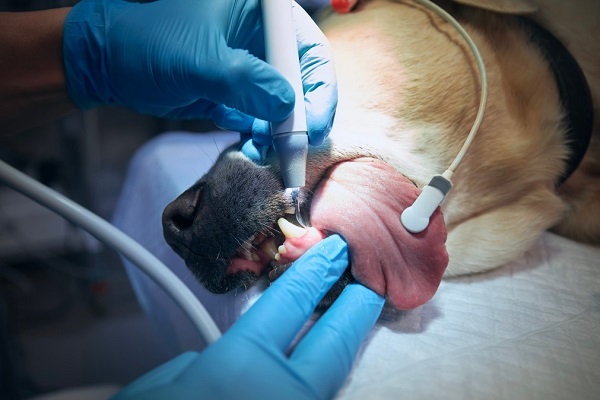
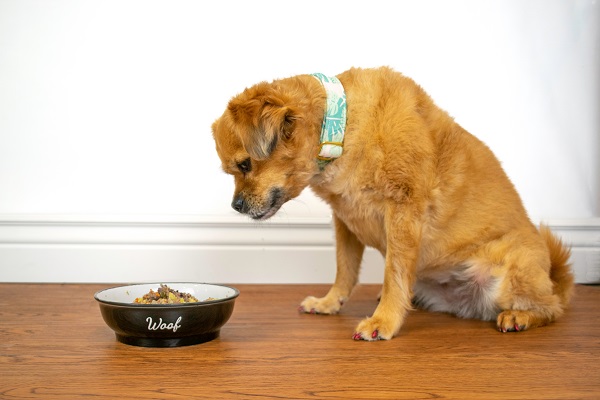
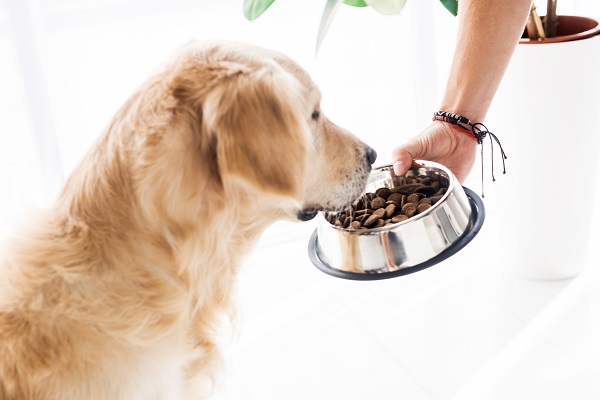
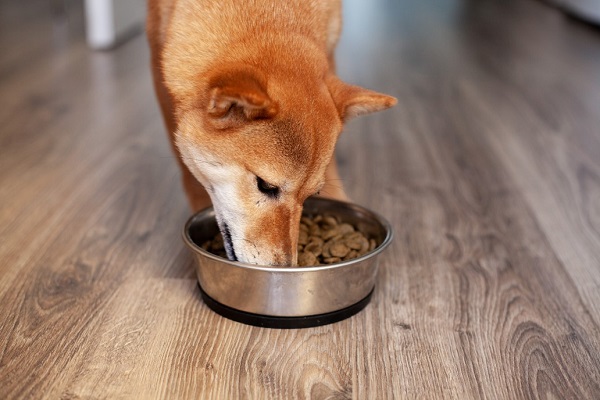

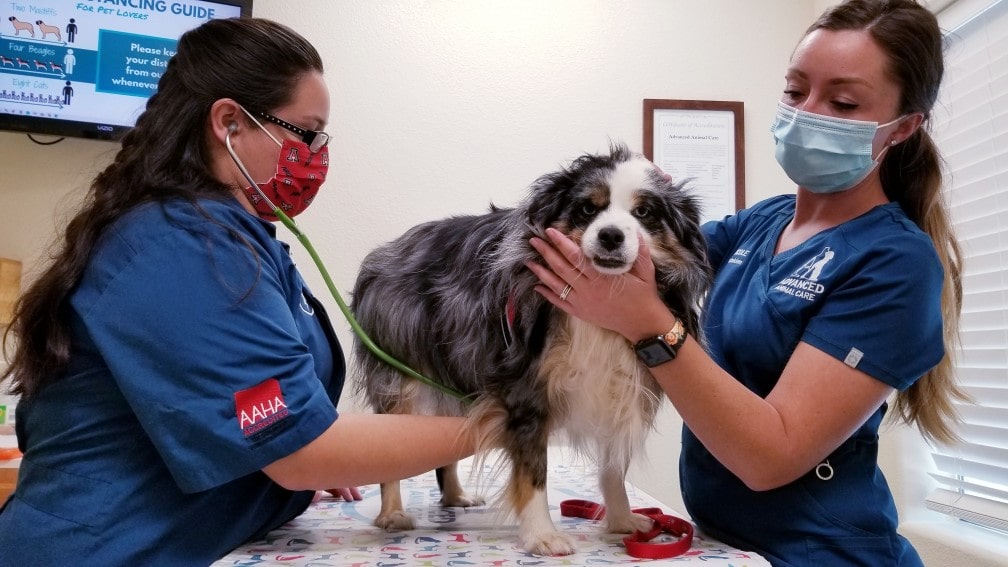
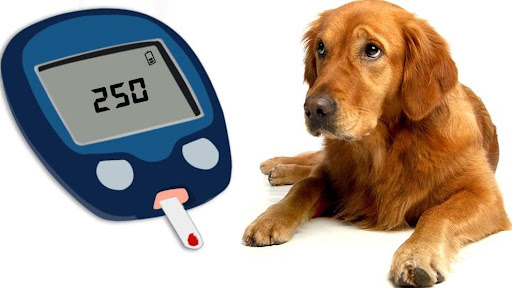

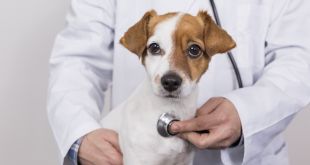












 in Chandigarh, India.
in Chandigarh, India. 
